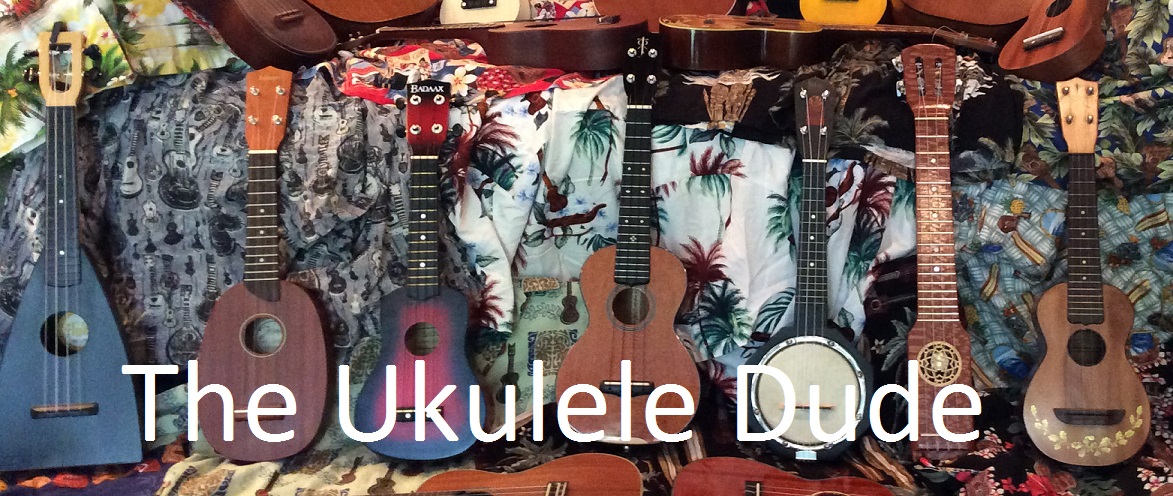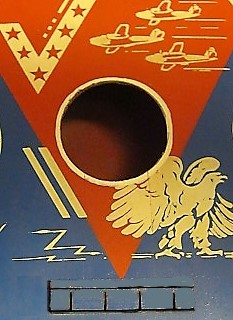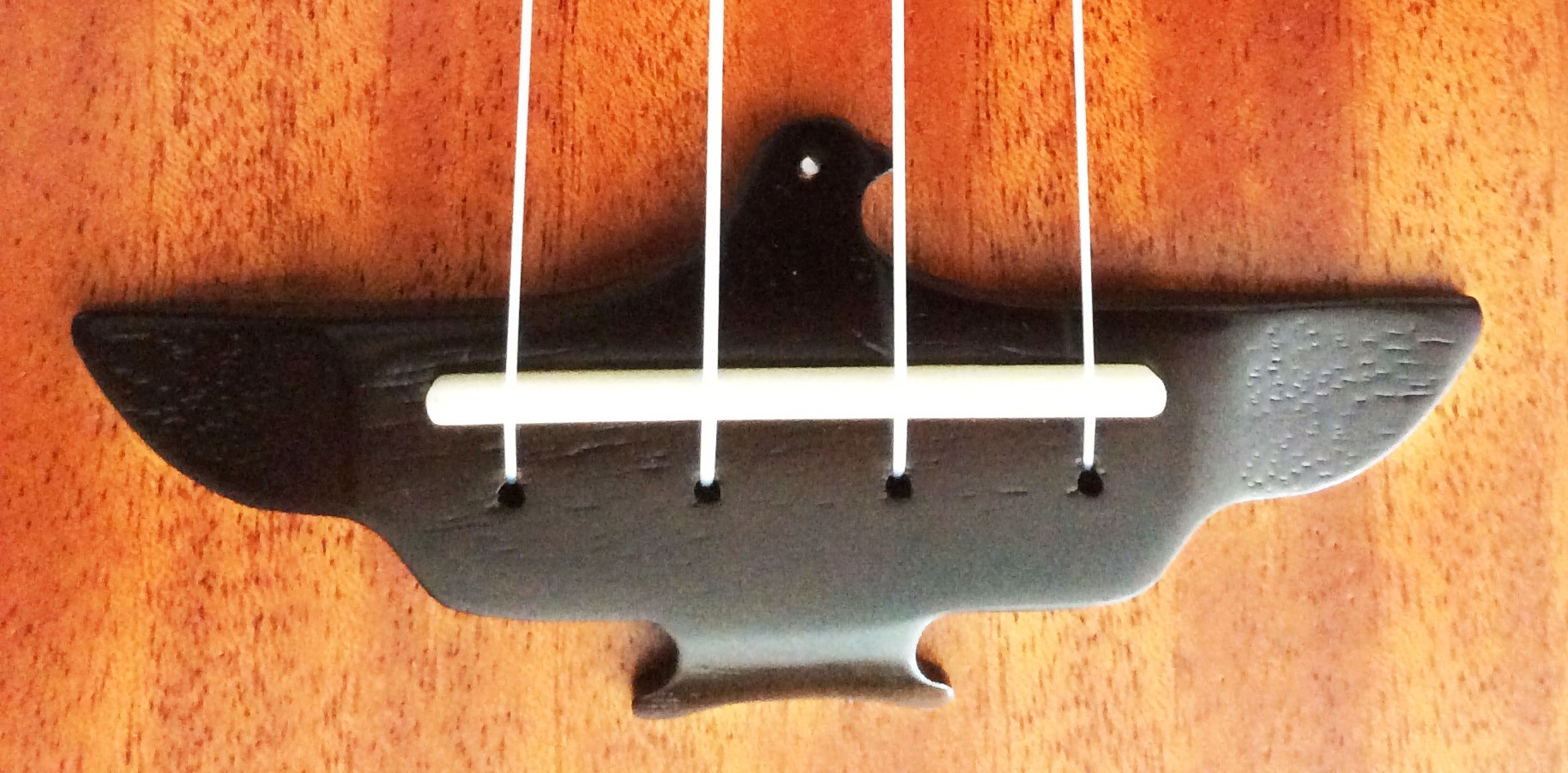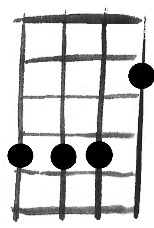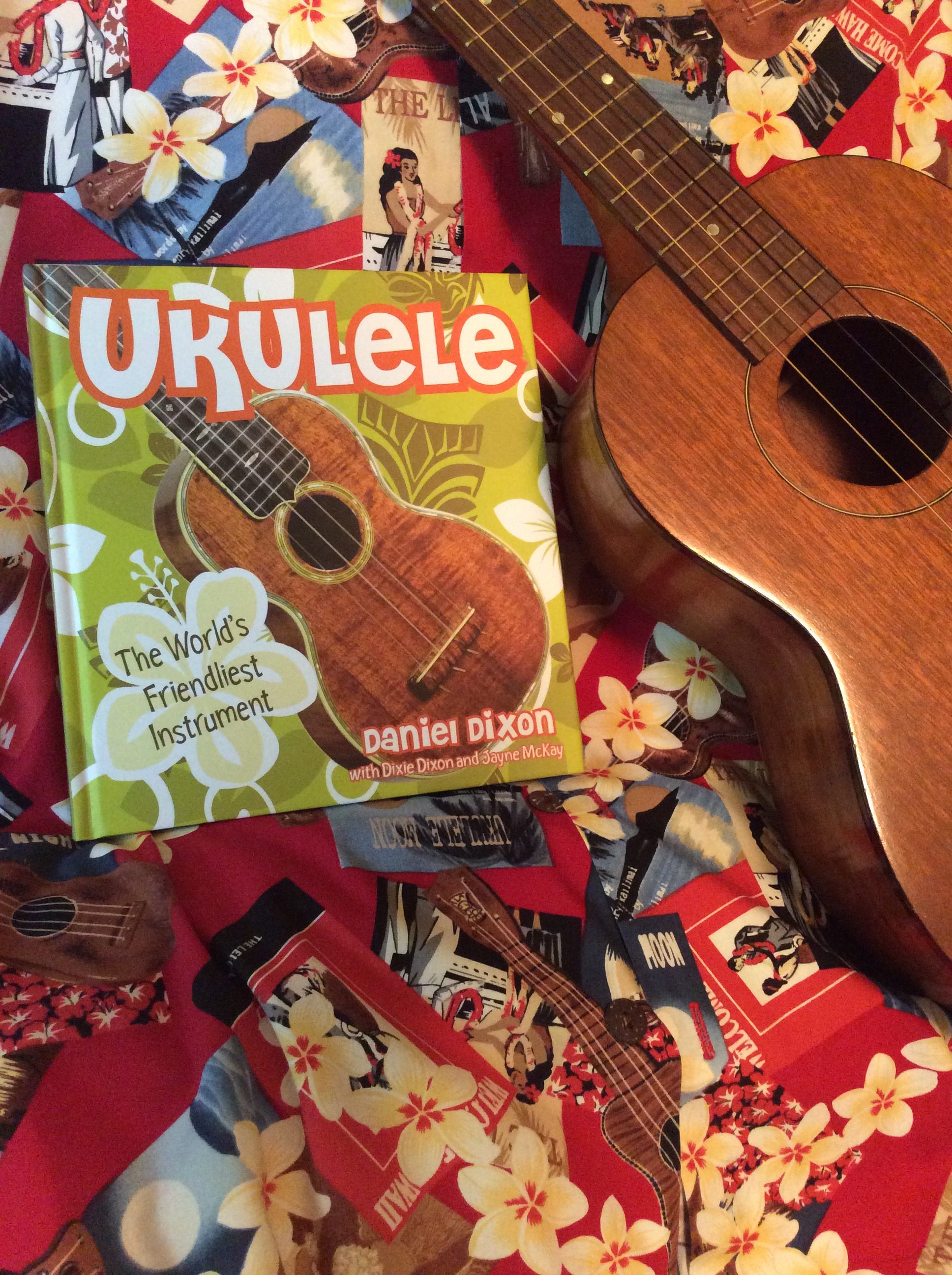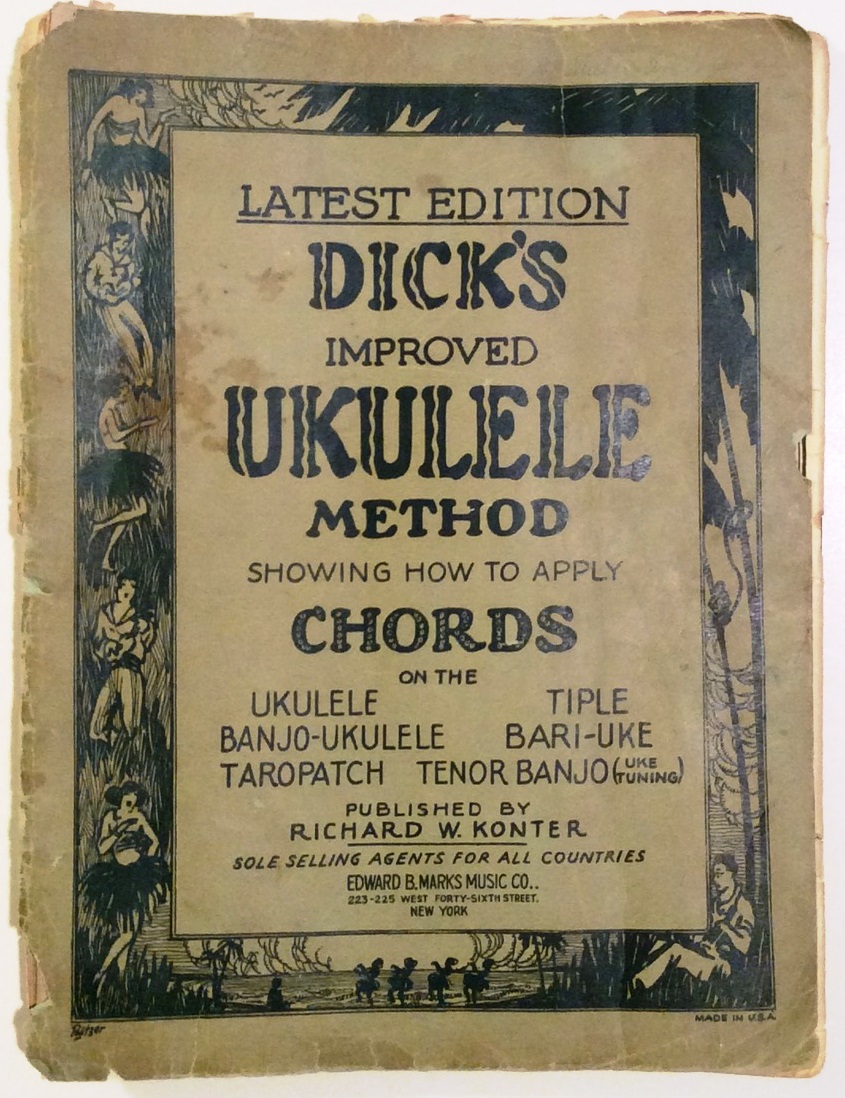Umiee Concert Ukulele Mahogany Starter Kit
Umiee Concert Mahogany Ukulele Starter Kit Rating – 4 out of 5! Umiee asked for reviews so I put this together. I ordered the instrument through Amazon on Friday and it was delivered the following Wednesday afternoon. I was concerned about the rough shape of the Amazon box being crushed in, but the interior box was undamaged. The Instrument This set centers around a concert size instrument with a light colored mahogany face. The joints and edges are all tight and clean. There is a clean white binding on front and back with some additional striping on the face of the instrument. There appear to be some flaws in the face along the binding. The finish is a flat finish. The side of the neck is pretty smooth. There are a number of places on curves next to the head and the bridge that are a bit rough. The most…
Can I Decorate My Ukulele? FAQs
This is a question that comes up on a regular basis on the forums and ukulele groups. People want to be artistic with their instruments and decorate them to show off their personal flair. Stickers, paint, ink, carving, etching and even wood burning are all methods people have asked about. The ukulele is a small acoustic instrument. The instruments are designed to provide the optimal tones and sounds for the scale, size, shape, and tuning. On high end instruments, the wood is carefully balanced, shaped, sanded, and braced to give it the distinctive tones that tell us “That’s an ukulele!” Anything you do to the instrument is going to affect that sound. How dramatic a change depends on the quality of the instrument. Your bright pink ukulele or the translucent green plastic uke you got for the beach are not going to be noticeably affected by putting a few stickers…
Should I Use a Pick to Play My Ukulele? FAQ
Like so many things, this is entirely up to you and how you play! So here are some things to consider when making your decision. When recording it can provide a sound that is picked up better by the recording system. For those with tender fingers or thin nails, due to arthritis or being young, it can be uncomfortable to play with the fingers. And it doesn’t have to be a pick, you can even use pretty much any stiff item, a piece of soft plastic, cardboard or an flat silicone eraser. One time we put a bunch of zip ties to use with a group of kids! I have one of those pick punches that can be used to punch picks out of old credit cards or gift cards. When I go to a class of beginners, I’ll have a bag full of small picks punched out of soft…
Aklot Ukulele Review
Aklot Mahogany Concert Ukulele Kit AKC23 Rating – Aklot asked for reviews and I was excited to participate. I ordered the instrument through Amazon on Tuesday and it was in my hands Friday afternoon. Nicely packaged in a solid box with pretty graphics. The Instrument This set centers around a concert size instrument with solid mahogany face. The edges of the top are a bit more rounded than usually found, making it less likely to dig into your forearm as you play. The sound hole rosette is laser engraved with a simple attractive pattern. The joints and edges are all clean and well polished. The side of the neck is very smooth and polished, the fret board is actually bound so there is absolutely no catching on the fret ends as you slide up and down the neck. There is no fret marker at three, but there are markers at…
What is Your Favorite Ukulele Chord and Why?
I was able to attend the 2017 Midwest Uke and Harmonica Camp in Olivet, Michigan. As I got moved into my dorm room and walked over to the orientation meeting, I came up with a sort of ice breaker to use. Rather than asking people where they were from, I was going to ask them what their favorite ukulele chord was and why it was their favorite. Some people had an answer right away, others had to think about it for a while (or a day!). So here are some of the responses I got, along with a bit of introduction to the ‘celebrities’ I got an answer from. Gerald Ross was the fastest one to answer, absolutely no hesitation. “The magical chord! C6 [5-7-5-7]. Whenever I pick up an ukulele that is the chord I play, and then slide two fingers up into the Cdim7 [5-6-5-6] or down to…
Can I Fly With My Ukulele? FAQs
Please note that the following article is specifically aimed at domestic travel within the United States. If you are crossing international borders, restrictions on certain types of wood and ivory can be cause major problems at customs. Make sure you are fully informed before taking your instrument through customs anywhere in the world! The safest way to travel with an ukulele is to carry it on as your personal item. I have never had any trouble going through security carrying an ukulele. The closest issue I had was when the screener asked what it was and if I could play it. I offered to, but he waved me on through with a grin. I have a bit of bungee chord that I use to wrap around my case, through the handle, and fasten it to my roller bag. My roller bag is one of the smaller types that will actually…
How Do I make an easy E Chord? FAQ
Over the years of being a member of ukulele groups and many online forums, there are a number of questions that continually come up. So I am creating a number of articles to address these FAQs. Like all advice, you have to take the responsibility and make the ultimate decision yourself. So here’s the first one! What is the easy way to make an E chord? There are many ways of making the E chord. A Major chord only requires 3 notes. To have an E chord you must have the E (duh!), G# and B notes. So you really only have to play three notes, the fourth string can be used to double up any one of those three notes, or not played at all. So there are many ways of playing the E chord, but most chord books will show you one of four ways. The most common…
Ukulele: The World’s Friendliest Instrument
Ukulele: The World’s Friendliest Instrument Daniel Dixon Gibbs Smith Publishing Hardcover 144 Pages Audience – Any Player Rating – Ukulele pictured – c. 1960’s Silvertone Baritone Lavishly illustrated it follows the same general format as most ukulele books. It starts with a history of the instrument and its emergence from Hawaii to the rest of the world. It then goes into a variety of the great players, both past and present, and some of the amazing manufacturers. The use of photographs and pictures makes the book flow nicely and provides a colorful read. The book includes a few pages at the back from “The Daily Ukulele” by Jim Beloff on playing the instrument and a chord chart with 108 of the most common chords. The resources include web sites and local clubs, but it is a limited listing (12 entries) and is unfortunately already out of date. Overall I found…
Dick’s Improved Ukulele Method
I obtained a copy of Dick’s Improved Ukulele Method as part of a bundle that included a 1920’s C.F. Martin Style 1 Ukulele, which you can read about here. This 1924 publication is the second of three books on playing the ukulele that I am aware of that were written by Richard W. Konter. The first book was Dick’s Ukulele Method and the third was Dick’s Ukulele System. Konter became well known in the 20’s for his participation in the Byrd’s Expeditions that flew over the North and South Poles. On Byrd’s flight over the North Pole, Konter smuggled an ukulele into the plane, which is now on display at the C.F. Martin Museum. You can see pictures and read more in the recent Ukulele Magazine article A Historic Martin Ukulele Visits The Arctic. The book was issued in a large format 9″ by 12″ in size. It has 44…
Identify Your Vintage Martin – Caveat Emptor
I’ve been learning about vintage ukuleles made by the C.F. Martin Company for years, ever since I heard Brian Hefferan and Dave Passant playing their vintage Martins at various events. The sound of these instruments is distinctively different than any other. So I’ve been keeping my eyes open for a deal, checking out online auctions, For Sale listings and yard sales for several years. And educating myself on identifying the different styles and how to determine the time frame during which it was made. My primary source is the definitive reference, The Martin Ukulele: The Little Instrument That Helped Create a Guitar Giant by John King and Tom Walsh. The archives of the C.F. Martin Company were used by the authors to create this volume. This book has the history of the instrument within the Martin Company as well as pages of information about the differences between the Styles and…
